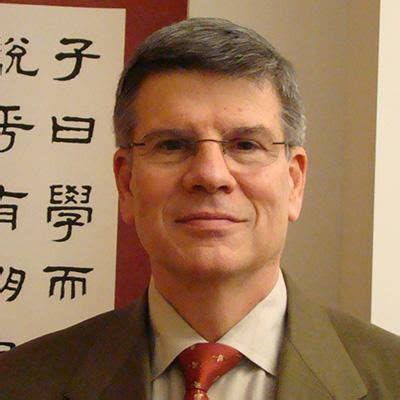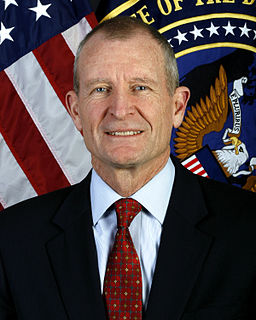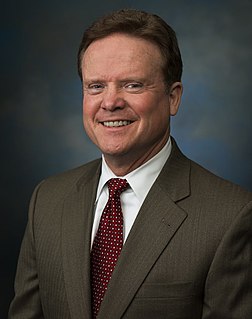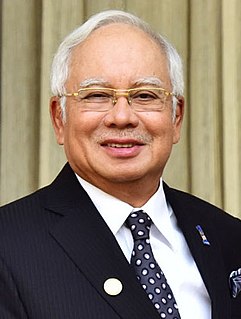A Quote by William C. Kirby
East Asia has prospered since the end of the Vietnam War, and Northeast Asia has prospered since the end of the Korean War in a way that seems unimaginable when you think of the history of the first half of the century.
Related Quotes
When I grew up, in Taiwan, the Korean War was seen as a good war, where America protected Asia. It was sort of an extension of World War II. And it was, of course, the peak of the Cold War. People in Taiwan were generally proAmerican. The Korean War made Japan. And then the Vietnam War made Taiwan. There is some truth to that.
It seems strangely difficult for some to realize that here in Asia is where the Communist conspirators have elected to make their play for global conquest, and that we have joined the issue thus raised on the battlefield; that here we fight Europe's war with arms while the diplomats there still fight it with words; that if we lose the war to communism in Asia the fall of Europe is inevitable, win it and Europe most probably would avoid war and yet preserve freedom. As you pointed out, we must win. There is no substitute for victory.
There are many reasons that universities in East Asia have not reached the positions that they had hoped for. After all, we must remember that modern East Asia did not begin with Confucius. In fact the experience of modern education in East Asia is relatively short and granted that time scale, many universities are doing fine.
In fact, we haven't ever really recalibrated our foreign policy commitments since the end of the Cold War. We still have alliances throughout Asia and across Europe that were devised to tame the Soviet Union, which, last time I checked, ceased to exist more than 20 years ago. Today, of course, we have a commitment to go to nuclear war with Russia in case Russia invades Latvia. To me, that's complete and utter nonsense. There ought to be a reconsideration of our posture in every region of the world.




































